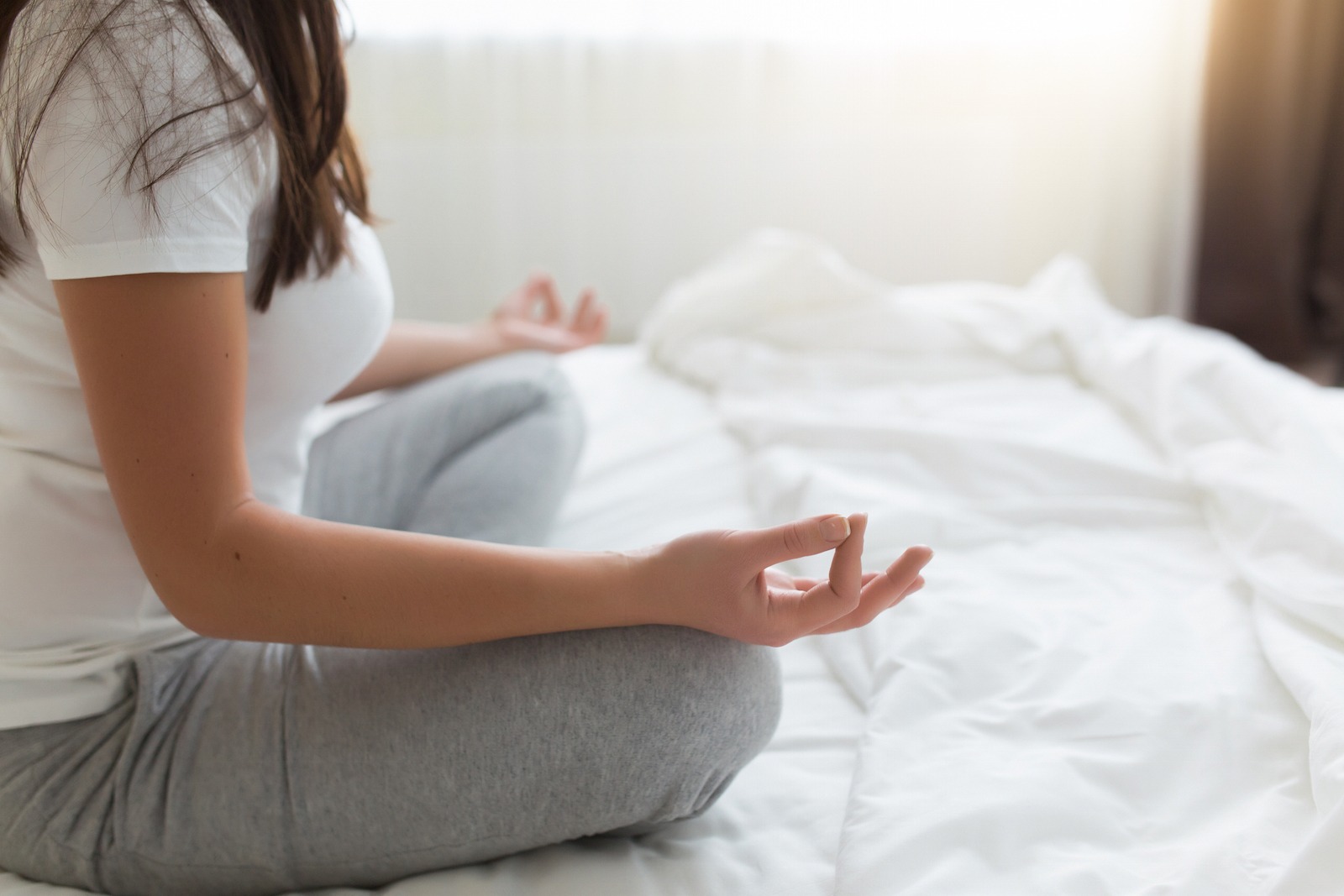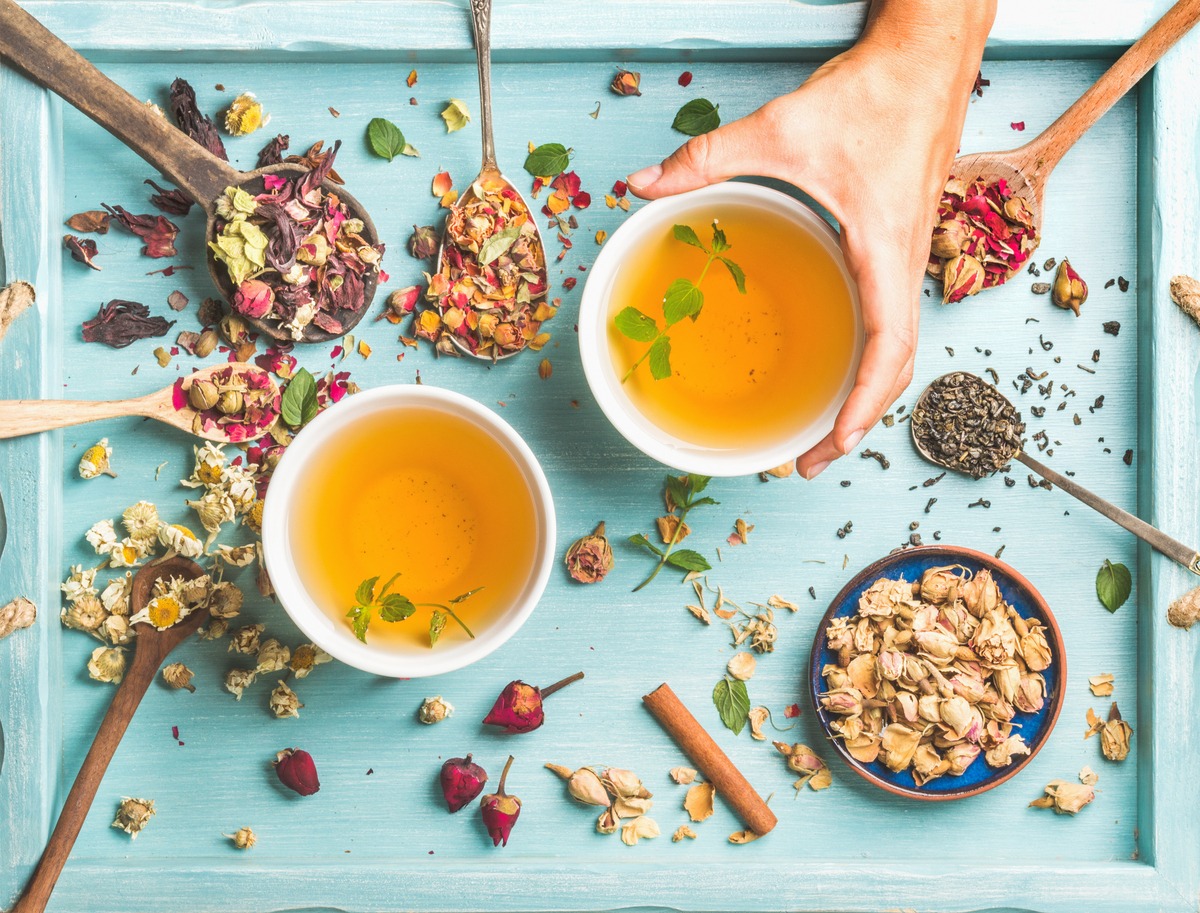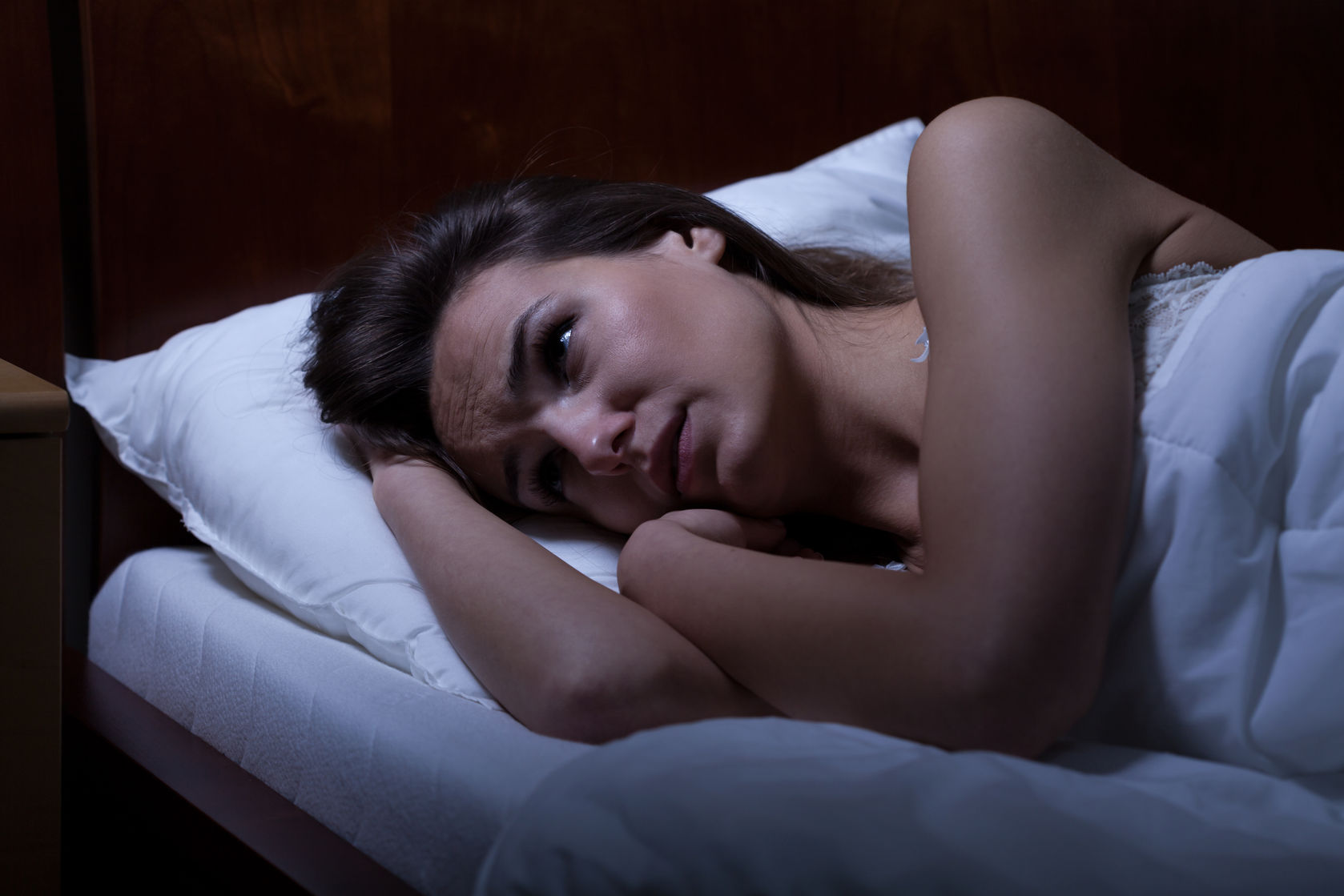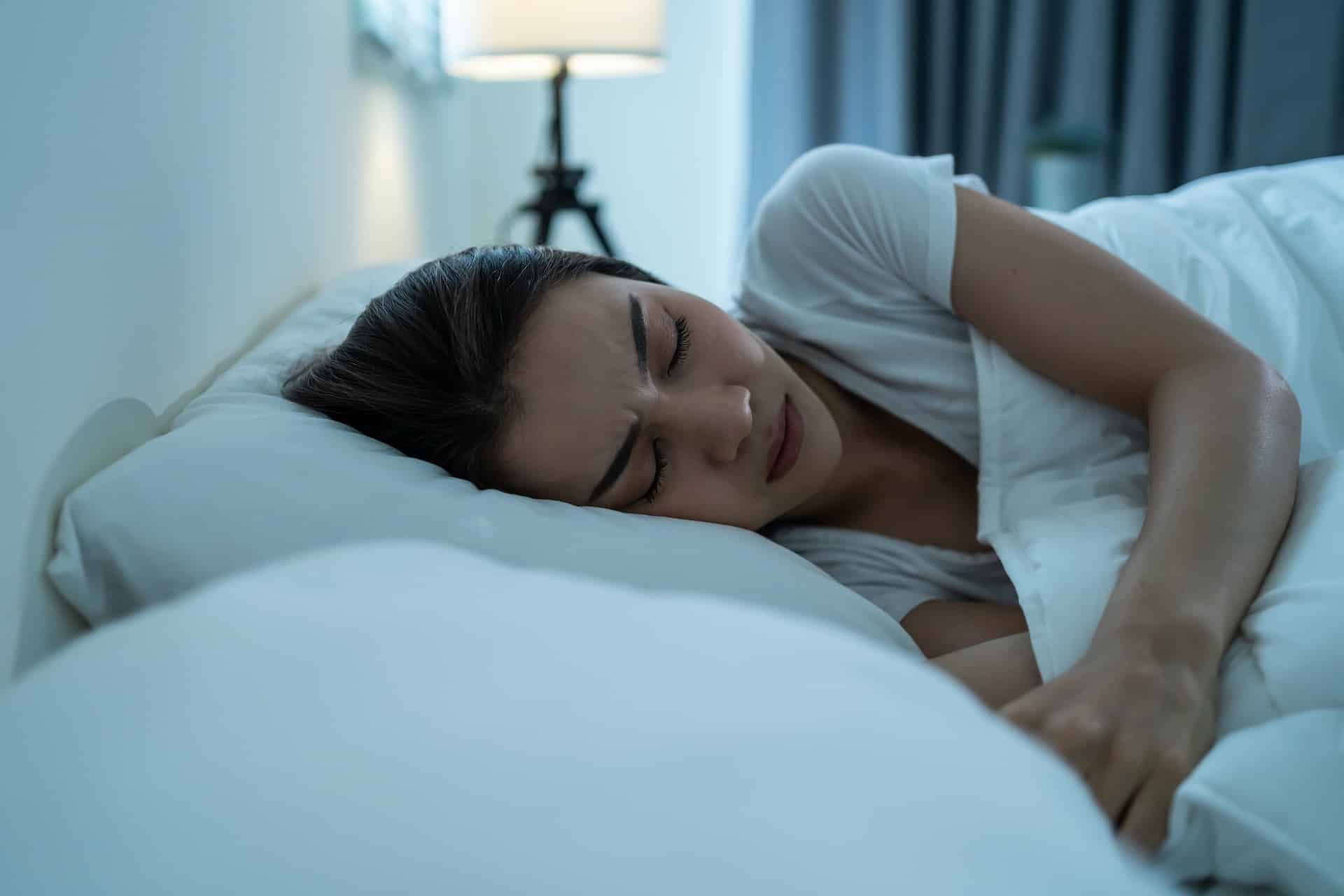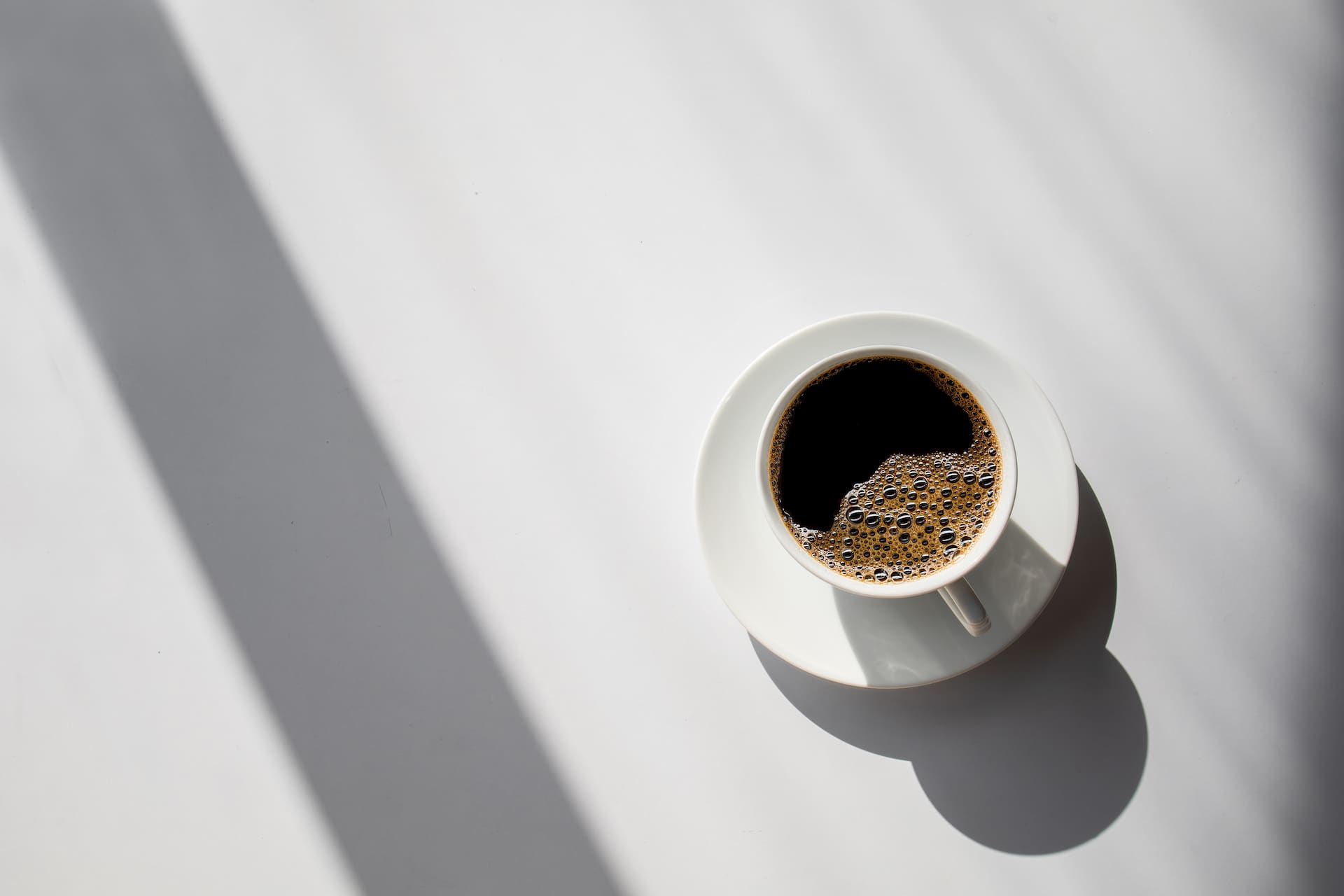 Sleep Deep
Sleep Deep  Sleep Tips for Better Sleep
Sleep Tips for Better Sleep
Should You Take Supplements for Better Sleep?
Home » Sleep Deep » Should You Take Supplements for Better Sleep?
Ask Keri: Are there supplements for better sleep that really work?
Keri Says: There are lots of ways to improve the quality of your sleep, and there is evidence that supplements like melatonin, magnesium, and tart cherry may work as one strategy, for some people.
But first of all, let me emphasize how crucial sleep is to your overall health. It affects your stress levels, your brain functioning, your food choices, and whether or not you’ve got enough energy to exercise. If you’re not sleeping, you’re not going to be living your most Nutritious Life. That’s the bottom line.
So, if you’ve got serious insomnia, don’t skip straight to supplements. First, try to pinpoint what’s keeping you up at night. Depending on your unique issue, a different solution may work better. For instance, if it has to do with what you’re eating for dinner or racing thoughts that won’t quiet down, taking a supplement likely won’t do much.
RELATED: 3 Surprising Reasons You Can’t Sleep
There are also other ways to relax at the end of the day and ease yourself into a restful slumber. Chamomile tea is one of my favorites, and lavender aromatherapy can work wonders, too. Then, if you could use another strategy and want to try a supplement to combat your sleep woes, here are the ones that have some science to support them and are totally healthy to take (AKA won’t have side effects if you take them in reasonable doses).
The Best Supplements for Sleep
-
Melatonin
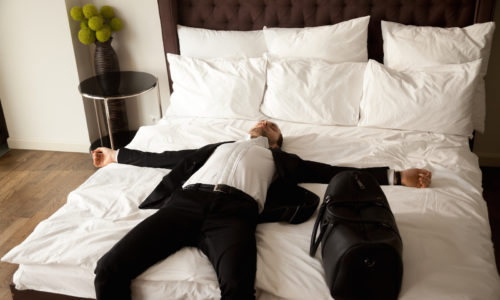
Melatonin is a hormone that regulates your body’s sleep-wake cycle, AKA circadian rhythm, and many studies have looked at whether taking it as a supplement can improve sleep. One meta-analysis found strong evidence it can improve sleep for people with sleep disorders, but research on people without diagnosed disorders is less conclusive. Studies do show that melatonin can help prevent jet lag if you start taking it after landing at your destination, so if you tend to lose a lot of sleep when you cross time zones, it’s likely your best choice.
Taking melatonin every once in a while for sleep is safe, but one note on that. Top MDs say that there’s a chance it can affect hormonal cycles, which in turn could affect birth control effectiveness if you were taking melatonin all the time. In the same vein, it may be best to not give it to your young daughter. Some researchers express concern about how it could affect hormonal development in young girls (since melatonin levels change during puberty), although there are no clinical trials yet that have confirmed a long-term effect.
-
Magnesium
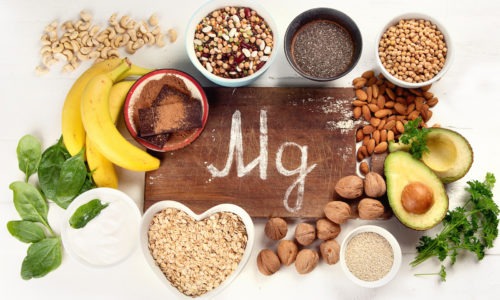
Magnesium is an essential mineral and plays many different roles in the body, including helping to regulate your body’s production of melatonin and maintaining healthy levels of a neurotransmitter that promotes sleep. Studies in elderly people have shown magnesium supplementation helped people fall asleep faster and sleep for longer, but they were small, short studies and only look at one specific population. Most sleep experts say the evidence is too weak to recommend magnesium as a sleep aid. However, if your magnesium levels are low, you’re at a higher risk for diseases like osteoporosis, heart disease, and other ailments, so getting more in your diet or supplementing is a good thing, and if you happen to sleep more soundly, that’ll be a major bonus.
RELATED: The 5 Most Important Minerals You Should Be Getting in Your Diet
-
Tart Cherry
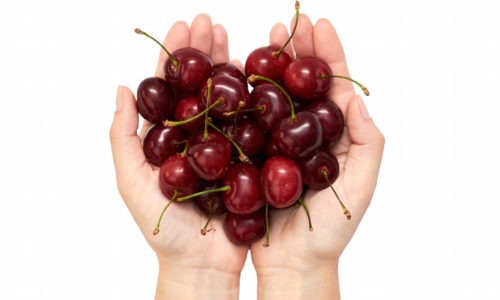
The evidence for tart cherry juice supplementation for sleep is pretty far from conclusive. Almost all of the studies on its effects have been super small, completed over a short period of time, and funded by the cherry industry. Most were also done in adults over 50 with insomnia, so it’s hard to say how the effects translate to other populations. Like a lot of these options, though, if you’re having trouble sleeping and want to give it a shot, why not? Cherries (tart or sweet!) are super healthy, either way. Just remember the evidence that does exist is mainly based on drinking eight ounces of the juice in the morning and eight in the evening, which is the equivalent of eating about 100 cherries per day. So a handful of cherries is going to be great for your health, but it likely won’t do much for your shut-eye.
-
Valerian Root
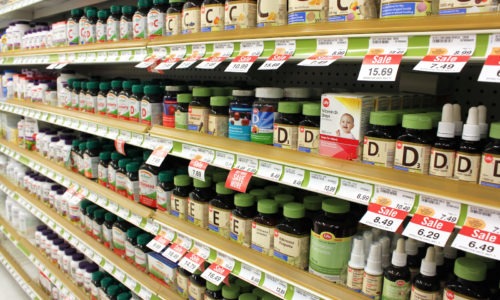
A lot of people swear by valerian root, so it’s surprising there isn’t more evidence to back up its efficacy for improving sleep. One review of clinical trials on valerian root and sleep found self-reported measures of insomnia improved with supplementation, but without objective measurements of the participants’ sleep, those results are pretty shaky. Another review found “valerian may improve sleep quality, but methodologic problems of the included studies limit the ability to draw firm conclusions.” In other words, we need more research. Valerian is considered safe, although there are no studies on long-term use, so I wouldn’t take it every single day—only if and when you need it and it helps.
(Photos: Shutterstock)
The Nutritious Life Editors are a team of healthy lifestyle enthusiasts who not only subscribe to — and live! — the 8 Pillars of a Nutritious Life, but also have access to some of the savviest thought leaders in the health and wellness space — including our founder and resident dietitian, Keri Glassman. From the hottest trends in wellness to the latest medical science, we stay on top of it all in order to deliver the info YOU need to live your most nutritious life.
DISCOVER MORE
RECENT ARTICLES

Want a sneak peek inside the program?
Get FREE access to some of the core training materials that make up our signature program – Become a Nutrition Coach.
Get Access"*" indicates required fields
